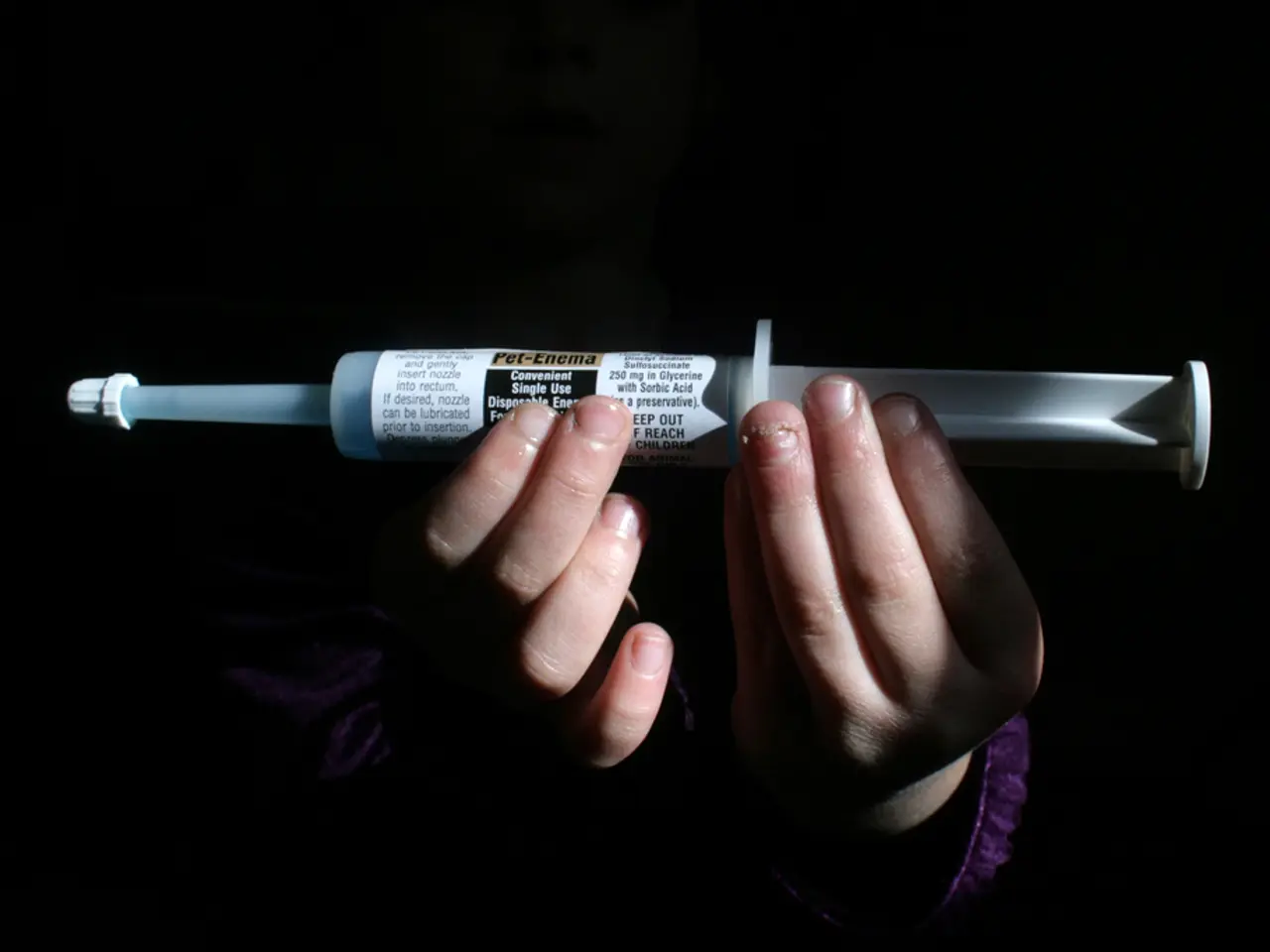Long-Term Consequences of Botox Injections
Botox, the most frequently performed cosmetic procedure in the United States, is a popular choice for those seeking to reduce the appearance of wrinkles and fine lines. This article aims to provide a clear and concise overview of the facts surrounding Botox, its duration, and long-term effects.
Firstly, it's important to note that Botox is temporary. Its effects, which typically last about three to four months, will go away once treatments have stopped. However, with chronic use, the effects may last longer than initial injections. A study in 2006 demonstrated this, showing that a twin who had received regular Botox injections for 12 years had less noticeable crow's feet than their sibling, seven months after their last injection.
The length of time that Botox injections last can vary from person to person and by dosage, with higher doses tending to last longer. It's also worth mentioning that eventually, skin gets thinner as you age, regardless of Botox use.
If you stop getting Botox injections, their effects will fade with time and eventually disappear. It's not like a faucet, where you can turn it on and off; it's a gradual loss of the effect. With ongoing use, muscles may start to weaken from lack of use.
In cases where Botox is not as effective, dermal fillers may be suggested by your provider. Getting mini doses of Botox (Baby Botox) in your younger years may have a preventive effect on wrinkle development.
Long-term side effects of regular Botox use are generally minimal when administered by qualified professionals. Common temporary effects include mild swelling, small bruises, or redness that usually resolve within days. Rare cases may see slight asymmetry which typically corrects itself over weeks. With ongoing use, muscles may show relaxation, allowing longer intervals between treatments. Severe complications are very rare, and Botox does not cause permanent muscle damage. Natural facial expression generally returns once treatment stops.
Contrary to some beliefs, there is no scientific evidence to prove that long-term Botox use causes skin to get thinner. However, some studies suggest it may improve skin's elasticity. Research on the long-term effects of Botox and other neurotoxin injections is limited but ongoing.
Lastly, it's worth noting the cost of botulinum toxin injections, which averages $528, according to the American Society of Plastic Surgeons. As you age, Botox may not work as effectively, especially when frown lines are present at rest.
In conclusion, Botox is a popular choice for those seeking to combat the signs of aging, but it's important to understand its temporary nature, potential variations in duration, and potential long-term effects. As always, consulting with a qualified professional is recommended to determine the best course of action for individual needs.
Read also:
- Nightly sweat episodes linked to GERD: Crucial insights explained
- Antitussives: List of Examples, Functions, Adverse Reactions, and Additional Details
- Asthma Diagnosis: Exploring FeNO Tests and Related Treatments
- Unfortunate Financial Disarray for a Family from California After an Expensive Emergency Room Visit with Their Burned Infant








